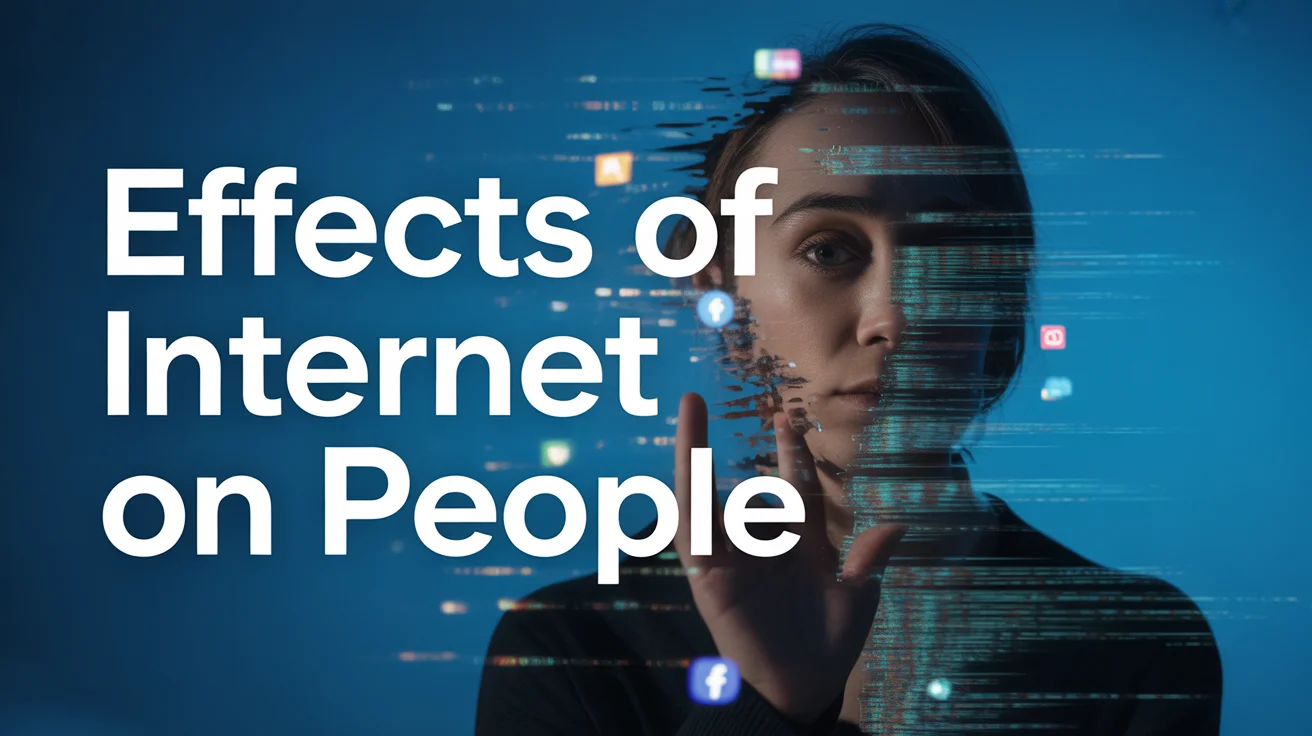The effects of internet on people have reshaped the way we live, work, learn, and connect. From scrolling through social media feeds to managing online businesses, the internet influences nearly every aspect of daily life. While it offers unmatched convenience, instant communication, and endless knowledge, it also brings challenges like reduced face-to-face interaction, information overload, and digital addiction. Understanding the positive and negative effects of internet on people helps us make smarter choices about how we use technology in a world that never sleeps online.
Positive Effects of Internet on People
The internet has opened doors that were unimaginable just a few decades ago. Its benefits are visible in nearly every area of human activity.
Easy Access to Information
One of the most remarkable benefits of internet use is instant access to information. From academic research to DIY tutorials, the internet acts as a digital library that never closes.
- Students can access online journals, eBooks, and open courses.
- Professionals stay updated with the latest industry trends.
- Everyday users find solutions for everything from cooking recipes to car repairs.
Improved Communication and Connectivity
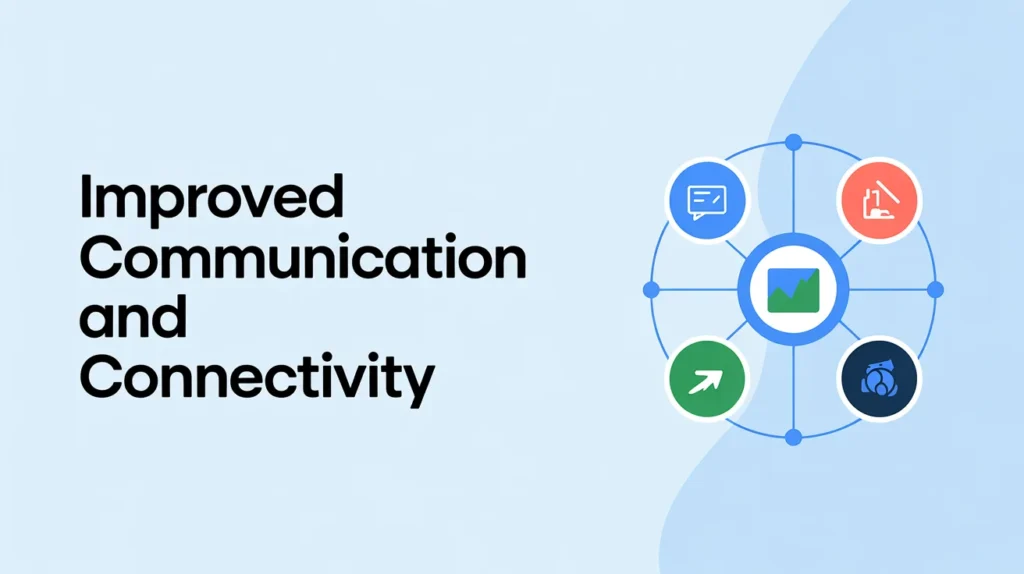
The way people connect has transformed dramatically. Video calls, instant messaging, and social media platforms have made long-distance communication faster and cheaper than ever.
- Families separated by distance can stay emotionally connected.
- Businesses operate globally with ease.
- Communities with shared interests thrive in online spaces.
Growth of Online Education
E-learning platforms have changed education forever. Today, you don’t need to sit in a classroom to learn new skills.
- Universities offer online degrees.
- Platforms like Coursera and Udemy provide affordable skill courses.
- Virtual classrooms make education accessible worldwide.
Economic Opportunities and Remote Work
The internet has created new avenues for earning and entrepreneurship.
- Freelancers and digital nomads work with clients across the globe.
- Small businesses use e-commerce to reach wider audiences.
- Remote jobs reduce commuting stress and save time.
Negative Effects of Internet on People
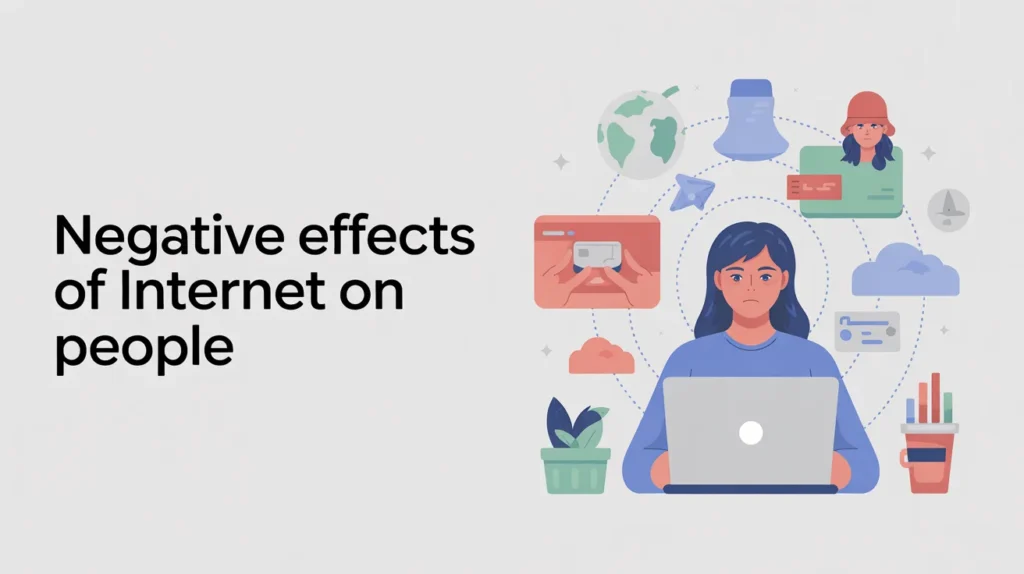
While the internet brings countless advantages, it also carries a darker side that impacts individuals and societies.
Internet Addiction
Many people struggle with compulsive online behavior. Excessive screen time affects productivity, relationships, and mental health.
- Social media scrolling often leads to wasted hours.
- Gaming addiction causes sleep disruption.
- Overuse of the internet increases stress and anxiety.
2. Decline in Physical Activity
With more time spent online, physical activity has reduced. Sedentary lifestyles contribute to obesity, heart disease, and poor posture.
3. Cybersecurity Threats
Online activities expose people to risks like identity theft, hacking, and scams. Even children face dangers such as cyberbullying.
4. Weakening of Real-Life Social Skills
Heavy internet use sometimes leads to weaker interpersonal relationships. People may prefer texting over face-to-face conversations, leading to isolation.
Social Effects of Internet on People
The internet has reshaped society in both subtle and profound ways.
- Cultural Exchange: Online platforms spread ideas, art, and traditions across borders.
- Social Movements: Digital activism gives voice to marginalized groups.
- Generational Divide: Older generations sometimes struggle to adapt to digital lifestyles.
Psychological Effects of Internet on People
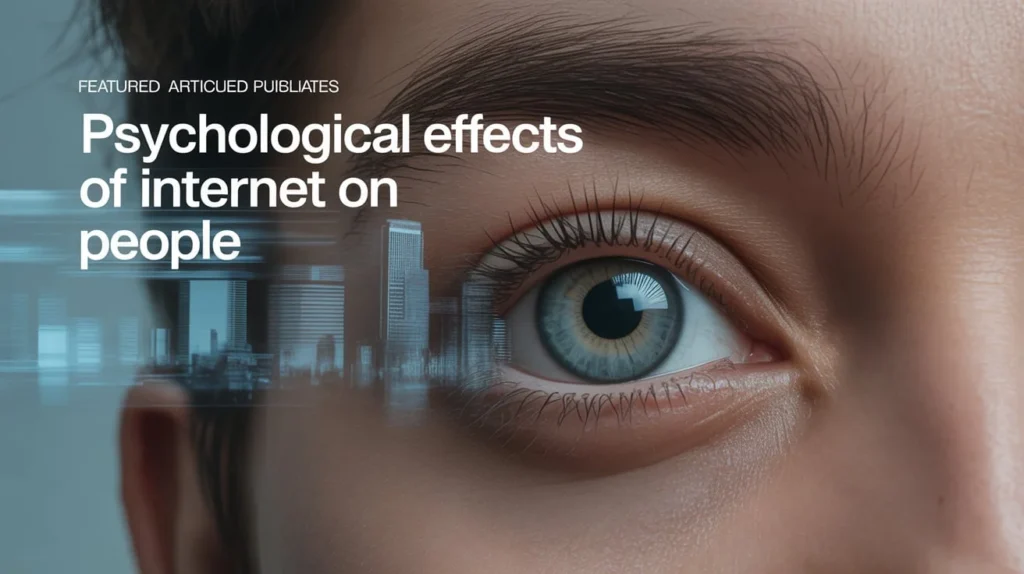
Mental health experts often highlight the emotional consequences of heavy internet use.
- FOMO (Fear of Missing Out): Social media comparisons create feelings of inadequacy.
- Stress and Anxiety: Constant notifications trigger mental fatigue.
- Positive Stimulation: Access to motivational content, online therapy, and support communities help individuals cope with challenges.
Educational Effects of Internet on People
The impact of the internet on learning deserves special attention.
| Aspect | Positive Impact | Negative Impact |
| Access | Students access resources worldwide. | Overload of unverified information. |
| Learning Style | Encourages self-paced learning. | Reduces traditional classroom interaction. |
| Skills | Promotes digital literacy. | May lead to plagiarism. |
| Collaboration | Enables global teamwork. | Increases reliance on technology. |
Economic Effects of Internet on People
The digital economy thrives because of the internet.
- Online banking and digital wallets simplify transactions.
- Businesses reach global markets with e-commerce.
- Job opportunities expand in technology-driven industries.
Yet, automation and AI also threaten traditional jobs, making adaptation essential.
Health Effects of Internet on People
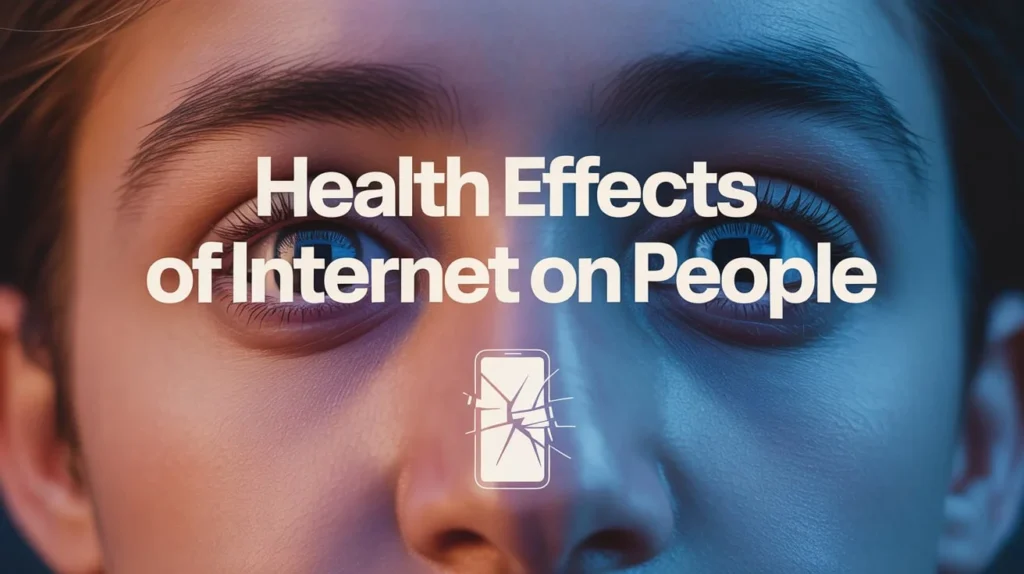
Physical and mental health are heavily influenced by online behavior.
- Sleep Disorders: Blue light from screens disrupts natural sleep patterns.
- Eye Strain: Excessive screen time causes digital eye strain.
- Mental Well-being: Balanced internet use can promote relaxation and stress relief.
FAQs on Effects of Internet on People
Q1: What are the main positive effects of the internet on people?
The internet improves communication, provides access to information, supports education, and creates economic opportunities.
Q2: What are the negative effects of internet use?
Excessive use can cause addiction, reduced physical activity, cyber risks, and social isolation.
Q3: How does the internet impact education?
It promotes self-learning, provides global resources, and supports virtual classrooms, though it also risks plagiarism and reduced teacher-student interaction.
Q4: Can the internet affect mental health?
Yes. While online therapy and motivational communities help, overuse may lead to stress, anxiety, and FOMO.
Q5: How can people use the internet in a balanced way?
By setting time limits, prioritizing real-life interactions, using reliable sources, and practicing digital detox when needed.
Conclusion
The effects of internet on people are both empowering and challenging. It revolutionizes how we learn, work, and communicate while also testing our ability to maintain balance. The key lies in mindful usage—leveraging the internet’s vast opportunities without letting it control every aspect of life. When used responsibly, the internet becomes a tool for progress, connection, and growth rather than a source of stress or harm.


